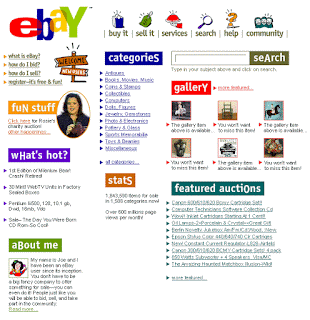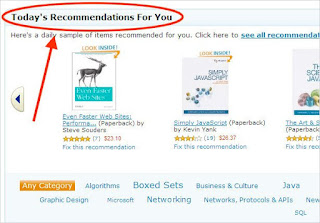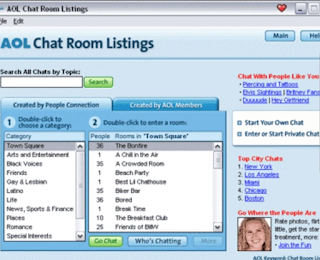The Era of the iPhone
by Danielle Hannah Look around you. Well...maybe not right now. But the next time you’re in public (when it’s safe!), look around you. What percent of the population walks around, eyes glued to a phone with a little drawing of an apple on it? I’d bet good money that most people you see and interact with on a typical day have an iPhone resting comfortably in their back pocket. So how exactly did we get to this point? The ever popular iPhone 6. Early Deals Apple recognized the need for a good cellular phone, and quickly snagged a deal with Motorola, who would design the hardware and deal with the carriers that controlled cellular networks. It seemed like a home run for Apple. Until they saw the phone in person. It was a clunky, brick of a phone that didn’t align with Apple’s previous products. The deal was scratched. Then Cingular (later AT&T) approached with a deal of their own. The iPhone would be designed solely by Apple, Cingular would...










